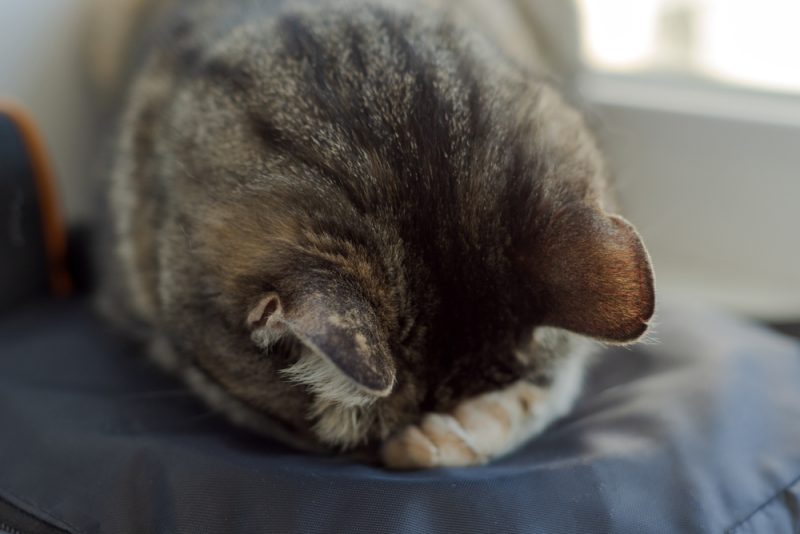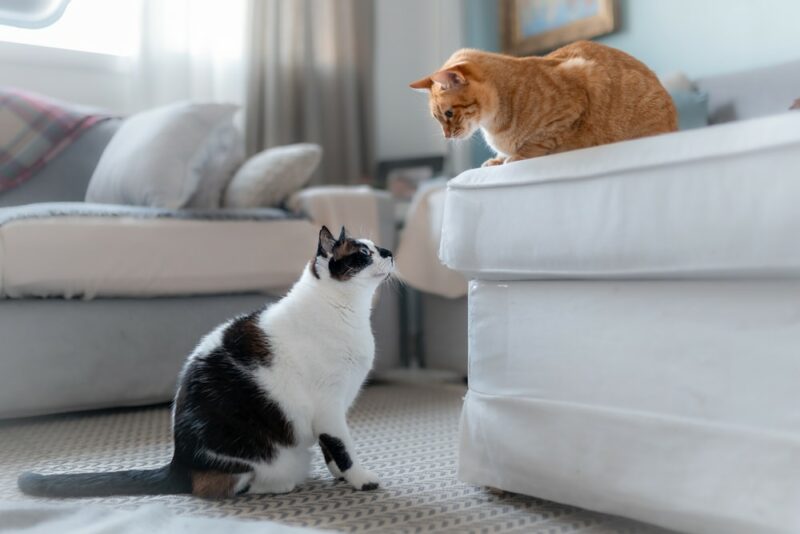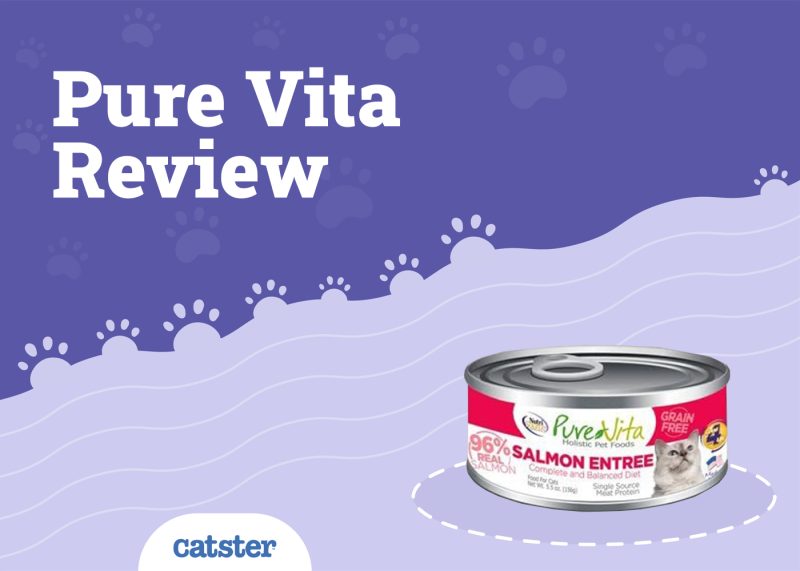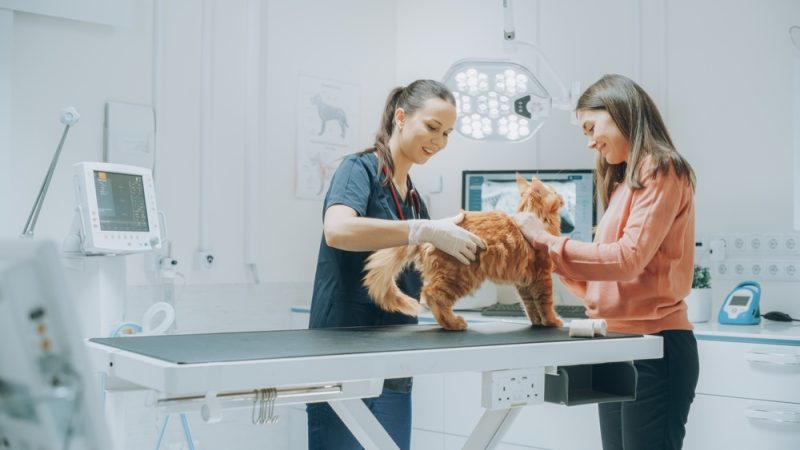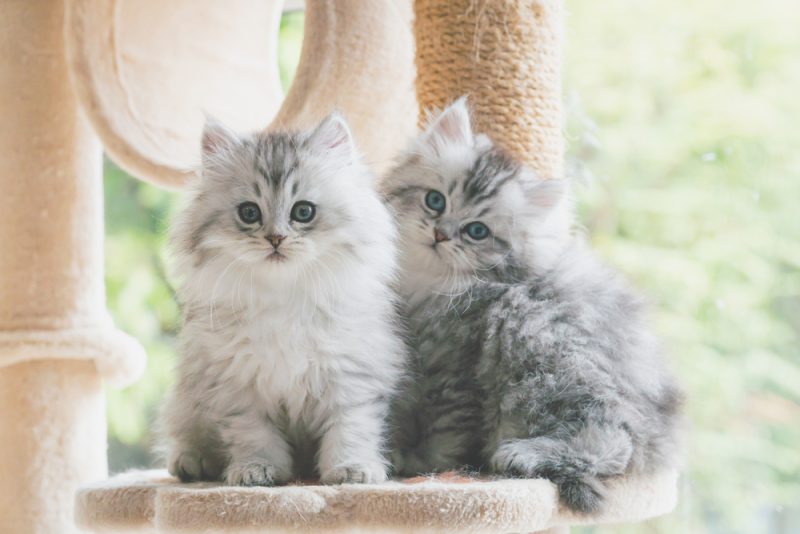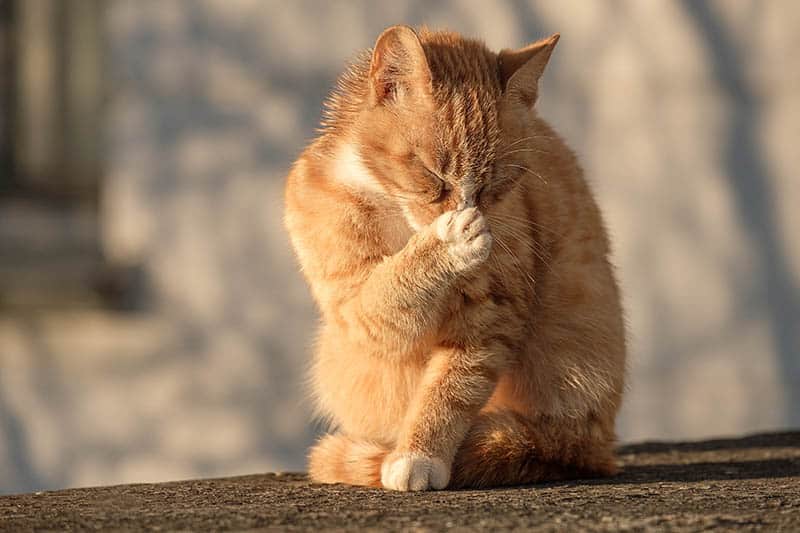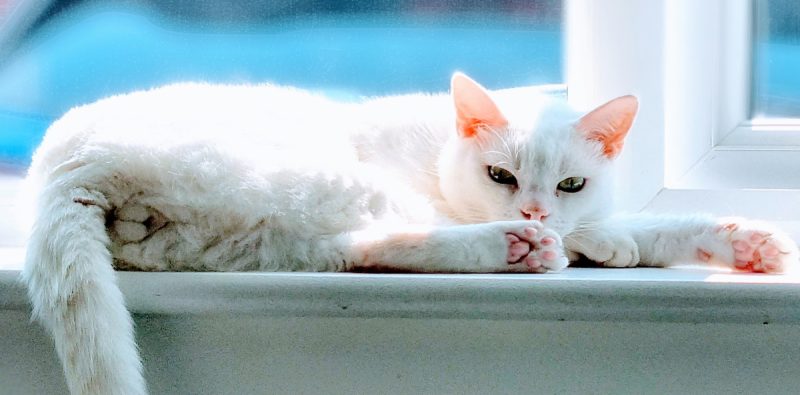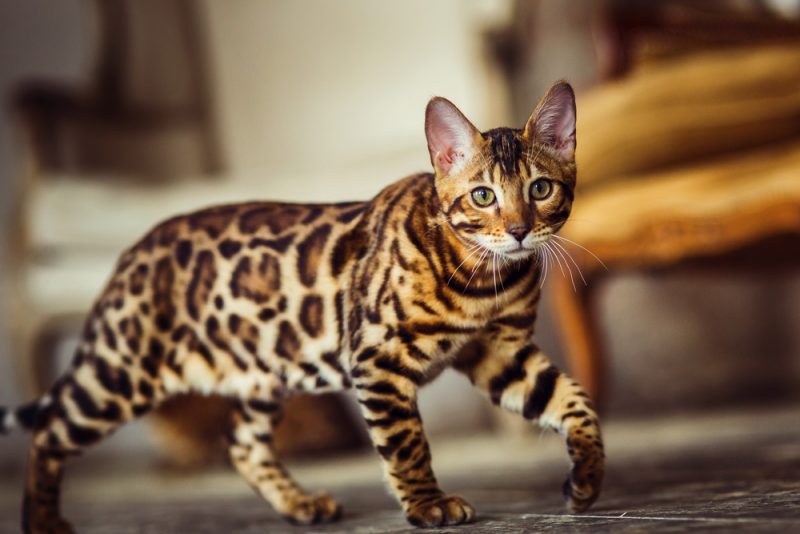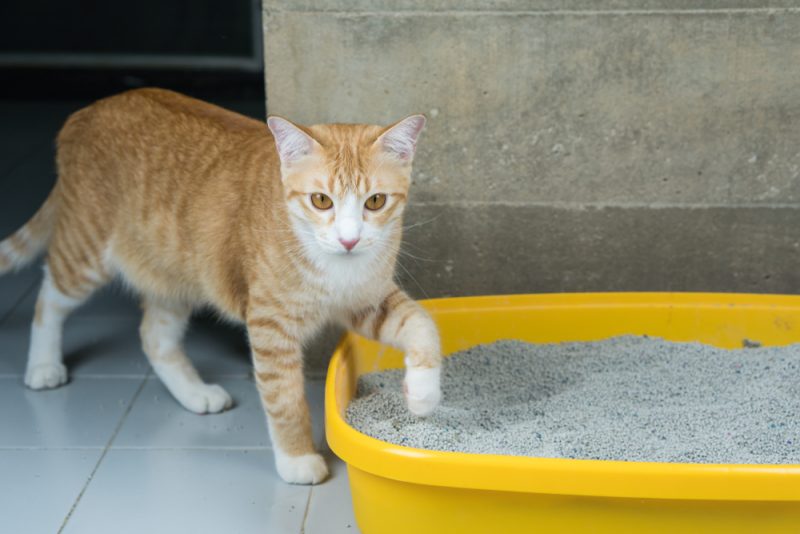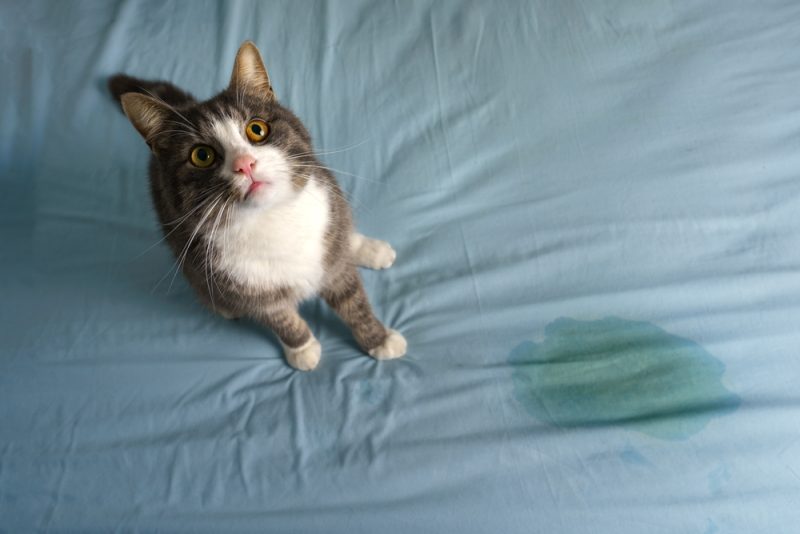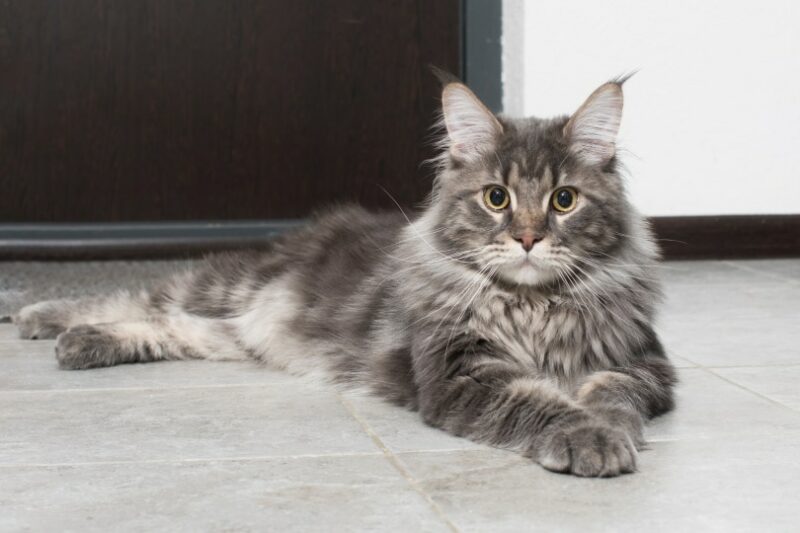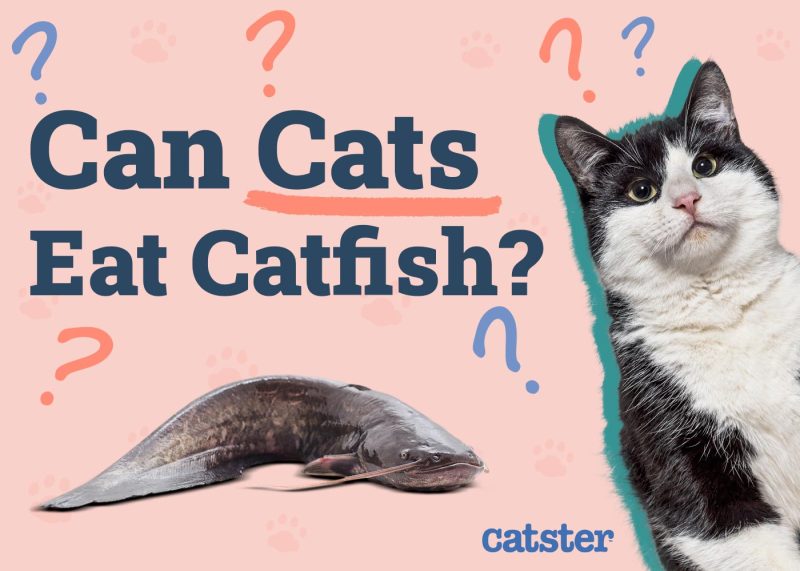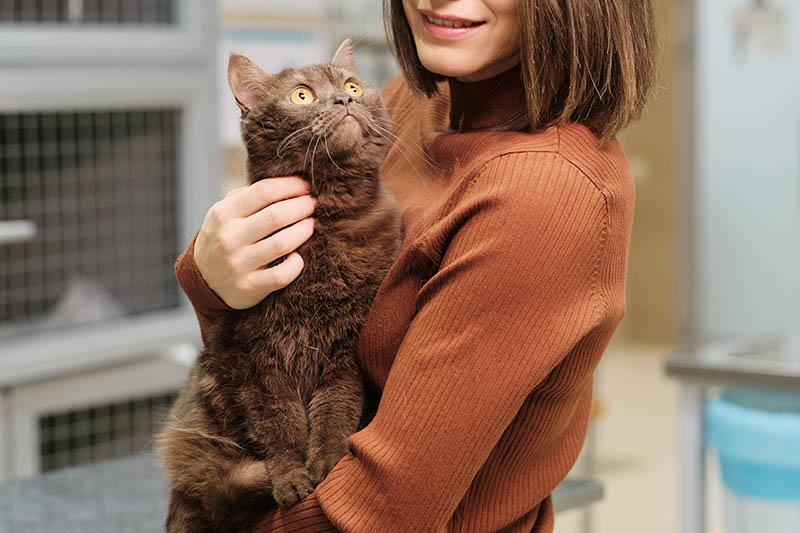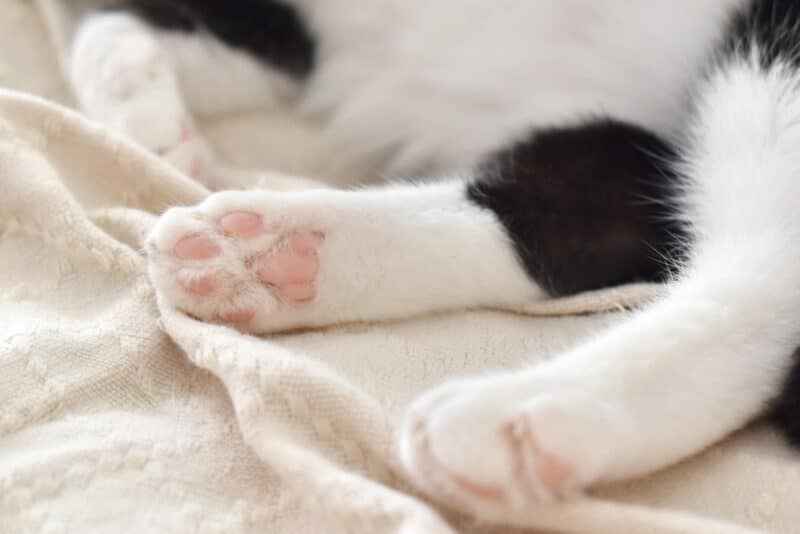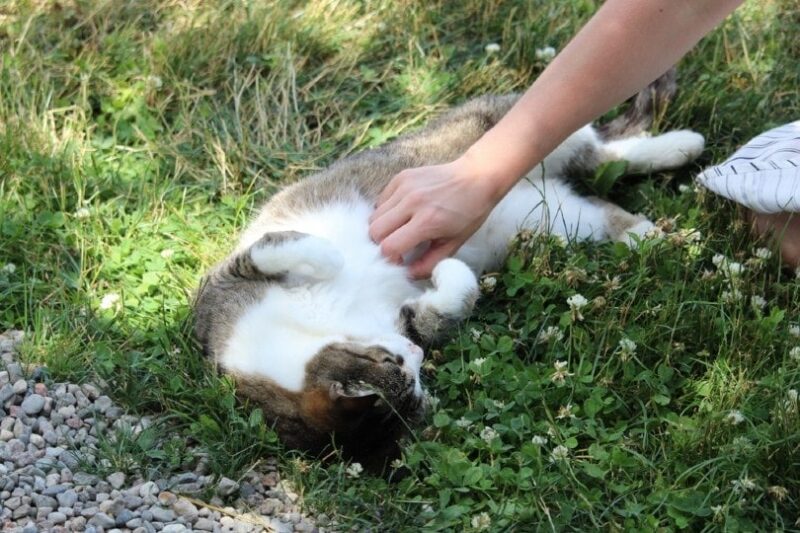Cats are odd creatures, and they can often be spotted sleeping in unusual places and positions. We even got the “if I fits, I sits” meme out of cats’ attraction toward boxes and other tight spaces. Cats sleep in some places and positions that don’t even seem like they should be possible. You may have seen your cat sleeping face down or with their face pressed against something. You probably wondered what your cat was doing sleeping in such an unusual position, and as simple as it sounds, they just like sleeping that way. Let’s talk about the details and reasons why cats do this.

Why Do Cats Sleep With Their Face Down?
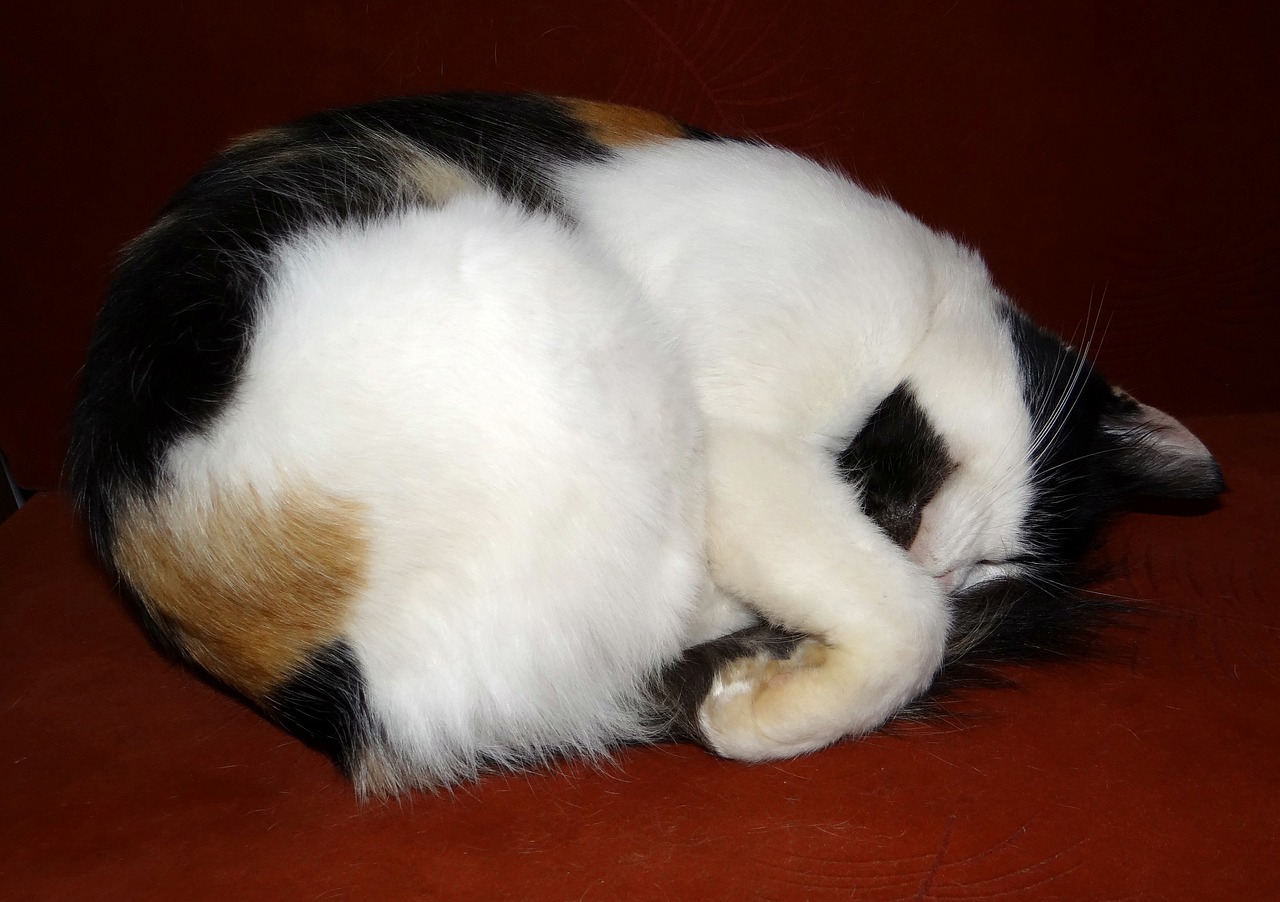
The most likely reason for your cat sleeping face down is simple; they just like sleeping like that! Cats are exceptionally flexible animals, so they are often comfortable in positions that would be uncomfortable for less flexible animals, like humans and dogs. It may be because it feels nice against their head or that the position is comfortable for their neck.
It also may be because it’s a cozy position, like a human sleeping with their covers pulled over their head. But in all honesty, we couldn’t find any scientific reasons that will explain why some cats like this sleeping position.
Many people see their cats rubbing their faces on their legs as a sign of affection, and they’re partially correct. Your cat feels affectionate enough to want to mark you as familiar by leaving their scent behind on you. Sleeping face down may allow these glands to leave behind your cat’s scent, marking the territory as their own, but this assumption is just that – only an assumption.
Head Pressing vs. Sleeping Face Down
There’s an extremely important distinction to make between head-pressing behaviors and sleeping face down. Sleeping face down can be normal for many cats, but watch your cat for head pressing. Head pressing is a behavior where a cat faces a solid object and presses against it. This is frequently seen with walls, chairs, floors, and sofas. Head pressing is indicative of a serious underlying condition.
Hepatic encephalopathy can lead to excess ammonia in the body because the liver is not functioning properly, so ammonia is not being excreted. Ammonia can build up in the brain, causing pressure, headache pain, and confusion. Neurological illnesses, like brain tumors and infections that target the nervous system, can cause head pressing. Other causes include head injuries, high or low electrolyte levels in the blood, and toxin exposure.
Head pressing is often a behavior that develops suddenly. Sleeping face down is usually a habitual behavior that starts when a cat is young. Cats that are suddenly head pressing against solid objects should be evaluated by a veterinarian. If you’re unsure whether you see head pressing or sleeping face down, have your cat evaluated to rule out serious medical problems.
On the other hand, if your cat is suddenly sleeping or resting face down, and this is not a pose you usually see them in, it could be a sign they are not feeling very well or that something hurts. If this is accompanied by lethargy, reluctance to move, reduced appetite, weakness, or any changes in their behavior, it’s also important to seek veterinary advice.
If you need to speak with a vet but can't get to one, head over to PangoVet. It's an online service where you can talk to a vet online and get the advice you need for your pet — all at an affordable price!


Conclusion
Cats sleeping face down is a perfectly normal behavior for perfectly abnormal creatures, so don’t be surprised if you bring a cat or kitten home who seems content to sleep on their face. However, be vigilant in looking for head-pressing behaviors. They are usually accompanied by other odd behaviors, like excessive vocalization, seizures, abnormal pacing or wandering, blindness, unprovoked and unusual aggression, and jaundice or yellowing of the skin, eyes, and mucus membranes. Have head pressing checked by a veterinarian to ensure your cat is healthy.
Also see:
- Why Does My Cat Snore? Our Vet Explains Reasons & What to Do
- My Cat Is Pressing Their Head Against Me, Should I Worry? Vet-Approved Facts, Causes & Care Tips
Featured Image Credit: Dolgikh Dmitry, Shutterstock
